‘I feel like a man without a nation or a home’: The New Zealanders locked out of their own country
When Jacinda Ardern closed New Zealand’s borders, chasing a zero-Covid policy, many Kiwis were effectively locked out of their own country. Molly Codyre speaks with those left behind

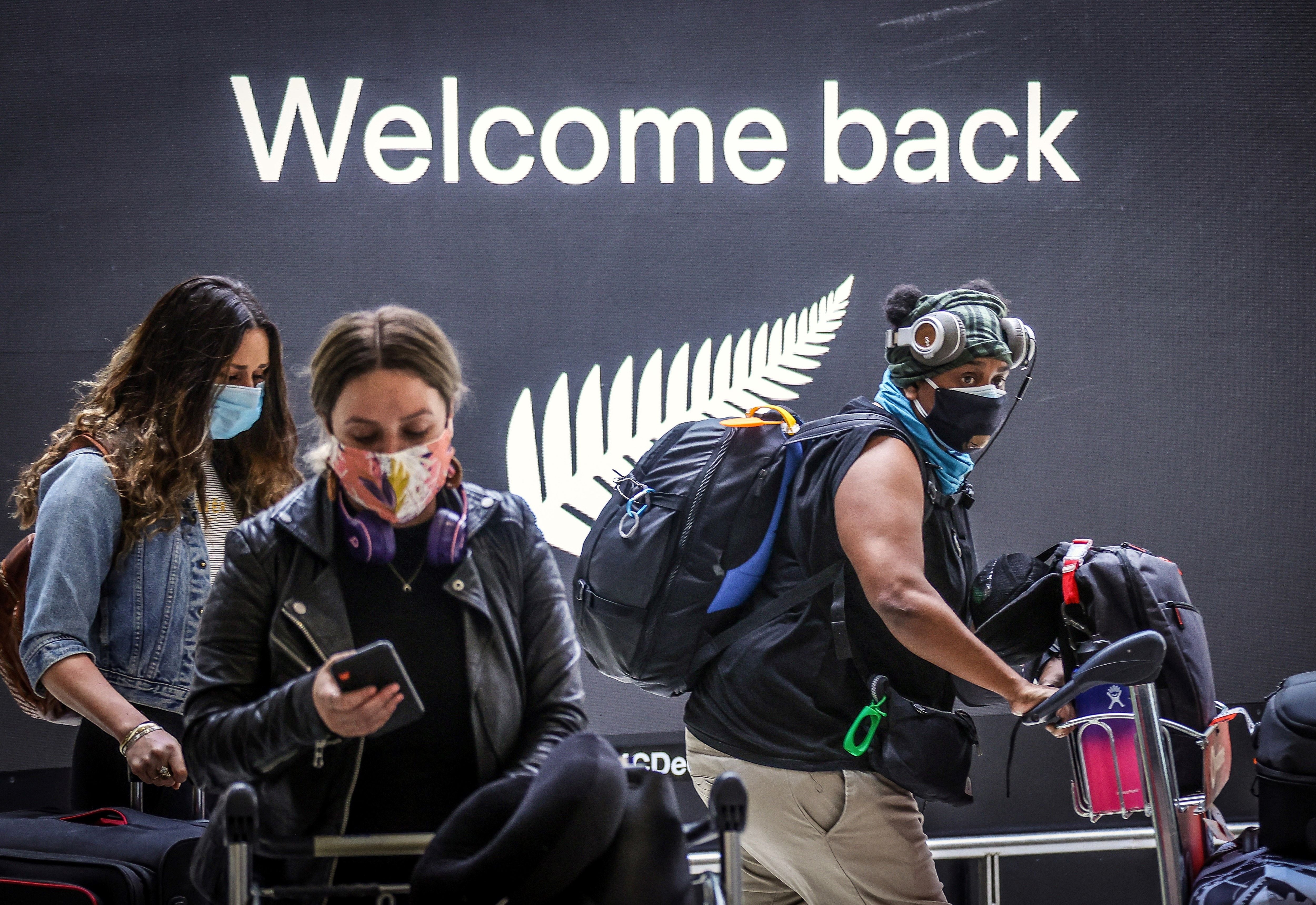
Your support helps us to tell the story
From reproductive rights to climate change to Big Tech, The Independent is on the ground when the story is developing. Whether it's investigating the financials of Elon Musk's pro-Trump PAC or producing our latest documentary, 'The A Word', which shines a light on the American women fighting for reproductive rights, we know how important it is to parse out the facts from the messaging.
At such a critical moment in US history, we need reporters on the ground. Your donation allows us to keep sending journalists to speak to both sides of the story.
The Independent is trusted by Americans across the entire political spectrum. And unlike many other quality news outlets, we choose not to lock Americans out of our reporting and analysis with paywalls. We believe quality journalism should be available to everyone, paid for by those who can afford it.
Your support makes all the difference.On 18 March 2020, Jacinda Ardern urged all New Zealanders travelling overseas to return home. The coronavirus dominos were falling, countries were entering lockdowns, one after the other, and commercial flight numbers were being slashed at a rapid rate. Prices soared, overnight a one-way flight from London to Auckland almost doubled. Soon, those flights were fully booked altogether.
The advice was directed at travelling Kiwis specifically – those on holiday and in temporary situations. The term “team of five million” began to gain traction – a phrase that pointedly excluded the one million New Zealanders who were living overseas at the time. It was an impossible decision; many Kiwis had jobs, were tied into rental contracts and weren’t in a position to up and leave lives at a moment’s notice, returning to a country they hadn’t lived in for many years without a job, a home, or any financial stability. The realistic, safe choice for most was to stay put. So that’s what they did.
In April, the managed isolation and quarantine system (MIQ) was implemented, and 18 facilities opened. Paid for by the government, incoming travellers were now required to isolate for 14 days in a hotel room. They were permitted only to leave their room for a short outdoor exercise slot each day. While making for an unpleasant two weeks and sometimes facing criticism for inhumane treatment and sub-par catering facilities, the system was a necessary and effective measure for keeping the virus out of the country. It allowed overseas citizens to return home while also mitigating the risk of the virus entering the general population.
This, however, didn’t last. At the beginning of July, Ardern asked Air New Zealand and Singapore Airlines to manage international bookings, making it even harder for people to secure flights. At the end of the month, housing minister Megan Woods announced a new payment system for managed isolation. Anyone who left the country after the rules came into effect, was planning on staying for fewer than 90 days or wasn’t a New Zealand citizen would have to pay $3,100NZD (£1,500) for their time in isolation.
On 3 November, it was announced that anyone planning to travel to New Zealand had to have a confirmed MIQ booking before boarding their flight. Slots for the coming months were snapped up almost immediately. Since then, slots have been unavailable almost as soon as they are put online. Desperate New Zealanders began paying up to $3000NZD for a bot to continuously refresh the page to automatically secure a booking.
And then came the Delta variant. On 17 August 2021, the country entered a nationwide lockdown once again, after one positive Delta case was found in the community. A week later, the government announced the release of any new MIQ bookings, including both cancelled slots and the regular three-month drop of the period commencing in December, would be paused, effectively closing the border.
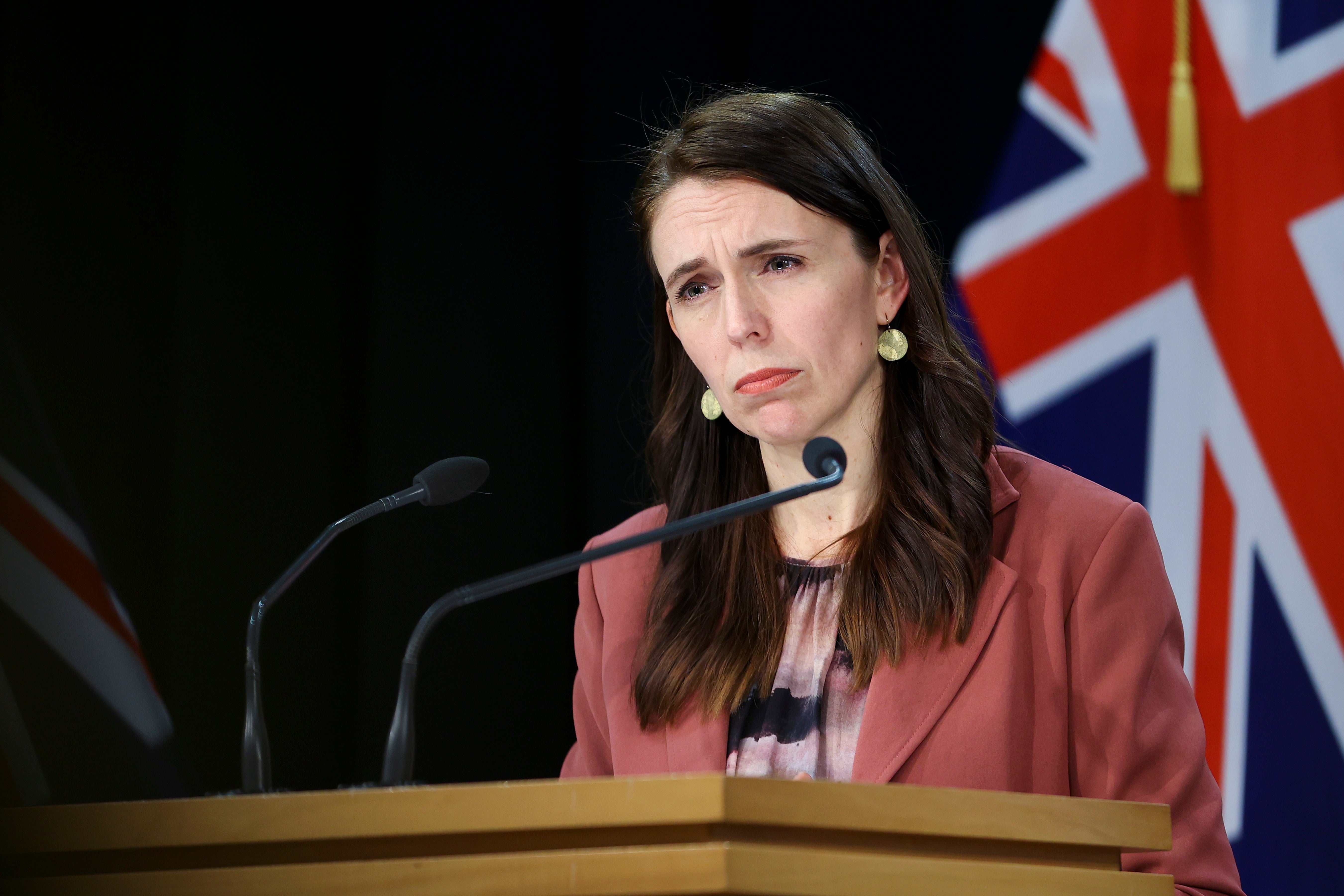
New Zealand has been applauded both domestically and internationally for its handling of the pandemic. Most overseas-based Kiwis, however, feel this success has come at their expense. Many have faced job losses, family illness or death and have still been unable to return, the emergency allocation process denying them a specially allocated spot when normal spaces were no longer available. Trevor Ponting, a Kiwi living in Japan, was diagnosed with terminal brain cancer and was denied his emergency request to return to see his family for the last time because his case “wasn’t urgent enough”. Social media pressure forced the government to go back on their decision, and Ponting was granted access, returning to NZ in February. He passed away in April.
One New Zealander I spoke to for this article, who preferred to stay anonymous, has been unable to return to New Zealand and support her father since her mother suddenly passed away in July. Mandy* has been at university in Indiana for three years, near from where her mother hails. Her aunty, who also lives in the United States, had a heart attack in May, prompting Mandy’s mother to attempt to secure an MIQ space with the intention of visiting to help care for her sister.
“Mum was supposed to get her second shot on 15 July, but I spoke to her that morning and she told me she wasn’t feeling well, so she decided to wait a couple of days,” Mandy tells me. “My aunt and uncle drove down to Bloomington from Indianapolis the next morning to tell me she was dead. It was an incredibly unexpected massive heart attack and my dad found her too late to save her. I immediately started looking for an MIQ spot to get home but knew it wasn’t likely I would be able to find one in the time before I started university again on 23 August.”
University commitments have meant Mandy can no longer return to New Zealand, and it has been impossible to fly her dad over as they’ve been unable to secure him a place on return. “I know my story isn’t as urgent as others, and any urgency there was has certainly passed, but I just really want to see my dad,” Mandy says. “I haven’t seen him since last August, and I just want to be with him so we can start processing this huge loss. The last time I saw my mum alive and in person was also in August last year. I just want to go home.”
I have days where I find myself locked away in the bathroom crying uncontrollably
Michelle Rice and her family moved to the UK in 2006 for her husband’s job. A recent diagnosis of PoTS (a blood flow condition), a desire for their kids to have a Kiwi childhood and the need to care for elderly parents has meant the Rice family has been hoping to move back to New Zealand.
“We started trying for an MIQ spot in July, but we were unsure of dates at that point,” Rice says. “By the time we got back to the MIQ system, it was booked out until the end of November. We’re not wanting a holiday or a brief trip, we’re coming home for good and putting down serious roots again. We want to be near our ageing family and extended whanau. We’re desperate to go home.”
One of the biggest concerns is that there is no timeline laid out for New Zealanders overseas. The earliest possible opening of borders was originally announced to be in 2022, but with no contingent factors – such as vaccination rates – and even then, it would only be a test process for essential workers from low-risk countries.
While Australia has set vaccination checkpoints for the implementation of quarantine-free travel – and New South Wales is already launching a pilot scheme for home quarantine for fully vaccinated travellers – Kiwis are left to guess at what their future might look like, and when their fundamental right to enter the country they are a citizen of will be reinstated.
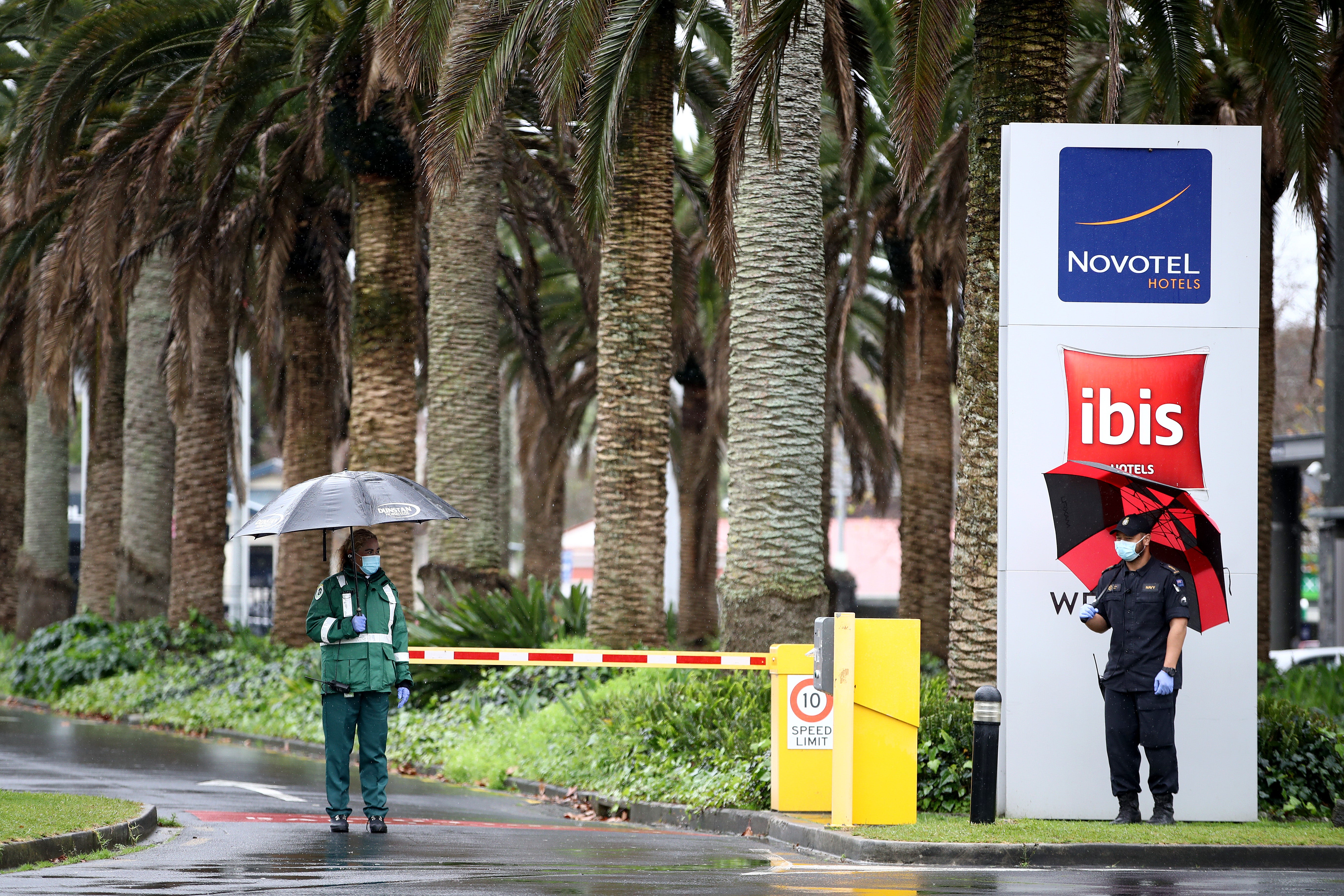
Jacquie Saunders flew to Brisbane in July to support her daughter who was dealing with mental health issues while pregnant and due to have a caesarian in early August. She was originally booked to return to New Zealand in October, but when the travel bubble closed, she moved her flights forward as much as possible – hoping to remain in Australia until the baby was born.
“I have been trying for an MIQ spot since the borders closed,” Saunders tells me. “I’ve refreshed the page tens of thousands of times, to no avail. Having to help out here in Brisbane while fitting in the time to check for an MIQ spot and knowing I haven’t been anywhere there is Covid is overwhelming. I know there are far worse stories out there, but this is my own distress and the impact it’s having is huge.”
Saunders lives on her own in a rural property, and is confident in her ability to self-isolate at home without putting anyone in danger. She shared with me a series of communications she’s made with the Ministry of Business, Innovation and Employment, where her requests for exemption and support were consistently ignored. Email responses often included generic, copy and paste-style paragraphs.
Christine Ashdown and her husband Tony moved to the UK in 2009. Now in their early seventies, the couple want to move back to New Zealand to be closer to family again. Tony had a cancer scare that delayed their travel home, and they have been looking to secure an MIQ space since March.
“The MIQ system is very unfair and not user friendly,” Ashdown says. “The problem I have is, as I’m older, I’m not quick enough on the laptop. Having spent every spare moment, for hours on end, trying to get a spot is so frustrating.”
Ashdown’s sister had bowel cancer, and she talks about the emotional impact of only being able to support her on Skype. “We have not tried for emergency allocation as there are people in much worse conditions trying to get home; that would make me feel like a fraud,” Ashdown says. “The last time we were home was four years ago and I miss my children and grandchildren so very much.”
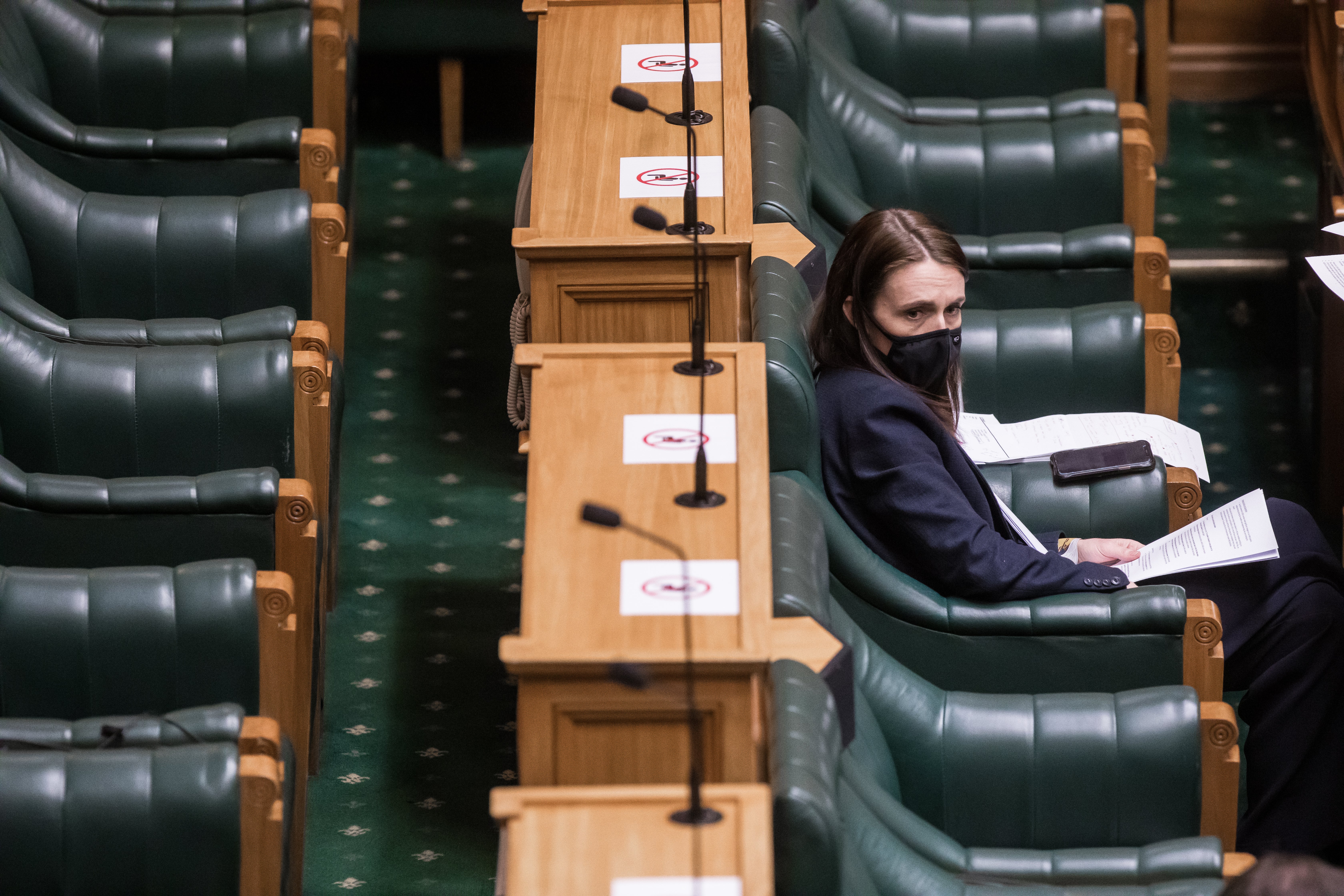
Louise and her husband have lived in Brisbane for 15 years. With three school-aged kids that they’d like to have grow up around New Zealand culture, the family packed up their things and planned to move back in August 2021. The closure of the Australian travel bubble scuppered these plans.
“We had just sent our cargo, my husband had resigned from his job of 15 years, our kids had had their last week of school, we sold the rest of our belongings – including my car – and let go of our rental house. All in preparation for leaving on 15 August,” she tells me. “The bubble popped two weeks before this date.”
The family are now living out of suitcases, with all five of them living in one room in a friend’s house. “I make all the decisions for our family – I’m confident within myself,” Louise says. “I do have days where I find myself locked away in the bathroom crying uncontrollably. I don’t cry often, but I have had a lot of these moments since not being able to find a way home for my family.” The family’s application for emergency MIQ placement has been denied. “I feel abandoned by my own country,” adds Louise.
Meredith Carson had been living in Dubai for 12 years when she made the decision to move to Singapore at the beginning of 2020. Just three months later, in March, her stepdad was diagnosed with stage 4 mesothelioma. Her grandmother, who is 93, has had numerous falls – the most recent of which resulted in a chipped pelvis – and requires surgery. The double whammy of family illness has put immense pressure on Carson’s mother. She was hoping to fly home to support her, alongside visiting her stepdad, who has already outlived his prognosis by a year, and grandmother.
“I’ve been trying to get an MIQ spot on and off for the last year. My efforts depended on how grave the situations got but also – in my opinion, most importantly – how grave my situation was compared with others,” says Carson. “I didn’t wish to take up a spot at a time when it wasn’t entirely necessary for me, but it may have been for others.”
Carson talks about how the last year has taken an enormous toll, impacting her work, social life, physical and mental health. “The NZ government has made it clear that they’re only accepting critical, extreme cases in emergency allocations,” says Carson. “I’ve heard about so many instances on the Facebook page Grounded Kiwis where loved ones have died while the family member is in MIQ. That sickens me, and I know I couldn’t handle that. Also, funerals don’t count as compassionate grounds for entry. This puts me in a catch-22. My circumstances probably do not qualify, as they’re not extreme enough yet. But once they are, I’ll be lucky to make it in, and will likely have to sit in MIQ while either my stepdad or grandmother dies.”
Many shared a belief that their need to return wasn’t as urgent as others – even when it involved death or serious family illness – and no one was granted emergency placement
For many people, like Jenna Lucas, their story doesn’t involve any grief, illness or death. It is simply the desire to see their family and hug their loved ones – something they didn’t expect to be giving up when they made the decision to build a life overseas. Lucas has been living in the UK for 15 years and has been sure to travel home every year to visit family.
“There are so many heartbreaking stories, mine doesn’t seem to compare,” Lucas tells me. “I am desperate to go home and see my parents and for my sons to see their grandparents, but it just seems out of the question at the moment.”
Lucas has been looking for an MIQ slot for more than a year now, but every time she checks, there’s nothing available. “There simply are not enough places for Kiwis to get one.”
When Thomas Goodman decided to pursue a long-term dream of living in the US in June, he could never have predicted the situation in which it would have left him. Leaving the country, Goodman was largely unaware of the difficulties other New Zealanders were facing when trying to get back into the country.
“I had been looking for an MIQ spot since May, but I figured being a New Zealand citizen, there would always be a place for me,” Goodman says. “I moved to gain life and work experience and for me, the worth far outweighed the risk.”
Three months later, Goodman’s visa has ended, rendering him unable to work, and the reality of MIQ has caught up with him. His application for emergency allocation has been rejected, and he is now facing homelessness, stuck overseas without support.
For others, like Manchester-based Holly Smith, the need to return has been growing since the start of the pandemic. “The week the UK went into Lockdown, in March 2020, my nana passed away. It was an incredibly difficult moment as I didn’t know when I could get home again, there was so much uncertainty,” she says. “My sister got married in a small ceremony in September 2020 too. She rescheduled a larger celebration for July 2021 so I could join, but I still wasn’t able to get back.”
It’s clear the events of the last 18 months, the loss of her grandmother and missing such an important life event for her only sister has been a struggle. “I know these events pale in comparison to some of the trauma others have gone through trying to get home for other reasons, but I can’t begin to describe how missing such important life events has really had a profound effect on my mental health,” says Smith. “I felt like at the time, I just soldiered on, knowing it was best to keep my family safe and stay put until I could get home, but it’s just getting to the point now where there is no end in sight. It feels hopeless. And I blame myself for being so selfish to pursue my dreams and live overseas.”

Since October 2020, there has been no active effort made to increase MIQ capacity. According to a TVNZ article, there are about 4,900 rooms available each fortnight, but only some 2,500 of these are used for the average returning Kiwi.
Since the beginning of this year, The Black Caps (New Zealand’s national cricket team) and the teams they have played in the country have taken up 272 rooms. More than 1,300 rooms have been allocated between now and February 2022 for Antarctic scientists. Some 400 have been put aside for attendees of the Dubai Expo. More than 500 rooms have been set aside for sportspeople – both local and international – between now and February.
Speaking to people for this article, it became clear that the situation isn’t just reserved for overseas-based Kiwis anymore. Numerous stories came in of people living in New Zealand who needed to leave the country to support their family only to find out it would be impossible to return.
Mike Moore’s UK-based brother took his own life in May of this year. “As the go-to person for his children for the longest time, the expectation was that my wife and I would be there for them,” he tells me. “Immediate departure – as would be the norm pre-pandemic – was not possible. Our circumstances did not qualify as an emergency, and that remains the case. We were told we could leave any time we want but without any guarantee of when we could return.”

Auckland-based Barbara faces a similar problem. With her elderly mother living in the Netherlands, she has been attempting to get a slot since July in the hope of being able to fly over and be with her. “I am emotionally traumatised by the fact that if I need to fly out to support my mother I cannot get back from the Netherlands given the current MIQ situation,” says Barbara. “I also cannot plan to see her in the short- or mid-term future and may have to leave NZ with very little notice if I can get an MIQ spot, which would mean I’m not able to be here to support my teenage children with their school exams later this year.”
There are, unsurprisingly, many people who have managed to get home, despite the difficulty – 170,000 since MIQ began, to be exact. UK-based Helen Stoddard was able to get a spot in April to return to Auckland to visit her father, her last remaining parent, who was suffering from Lewy Body Dementia. She was in New Zealand for seven weeks. “I had intended to travel back if he took a turn for the worse,” Stoddard says. “At that time, MIQ places were not easy to get, but not completely impossible.”
Her father’s condition began to take a turn for the worse in early August, and Stoddard was unable to get an MIQ spot before he passed away on 26 August.
UK-based Kathryn Mills moved to Cheshire with her British husband in 2020 to allow him to be closer to his family. One of the conditions of their move was that she would be able to return to New Zealand at least twice a year to visit loved ones.
“He came ahead in September 2019, and I followed in March 2020,” Mills says. “I was only intending to stay 10 weeks initially as my youngest had the school year to complete. However, I became stuck due to the pandemic, so missed his whole last year.”
She finally managed to get an MIQ slot for February 2021, staying in the country until June. “Naively, I thought that things could only improve going forward,” says Mills. “However, it seems they are only getting worse as it is now not possible to book an MIQ at all, and there is no sign of things changing any time soon.”
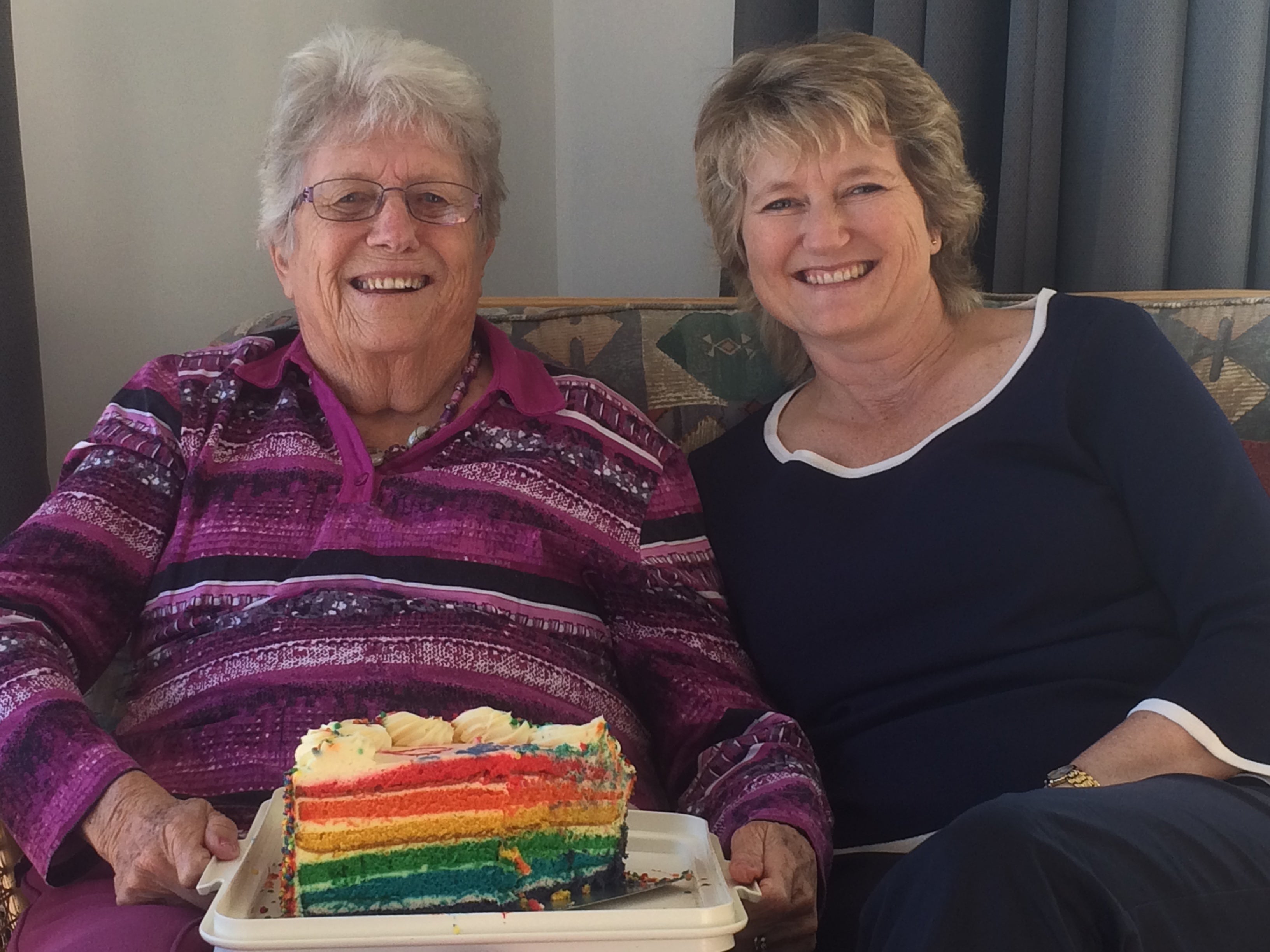
The announcement that 3,000 rooms over September, October, November and December would be released under a new managed isolation process on 20 September brought some hope to people and lifted the pause on new bookings. Aiming to reduce the first-in, first-served approach and constant refreshing that was taking place under the former booking process, anyone wanting an MIQ space will now be randomly generated into a virtual queue, where they will have 15 minutes to enter the site after getting to the front of the line.
Mike Moore, one of the people I spoke with for this article, works as a consultant in travel technology, specifically reservation systems. He expressed concerns about the system, primarily the fact that it essentially makes returning to New Zealand a lottery process and does not tackle the key issue with MIQ – that demand enormously outstrips supply.
When asked to comment for this article, a representative for the Ministry of Business, Innovation and Employment (MBIE) linked me to the press releases found on the MIQ website. “Although this new feature should improve user experience, it is not a silver bullet – it will not fix the issue of supply and demand. Unfortunately, in periods of high demand, a lot of people will miss out on securing a room,” it reads.
A source joined the MIQ lobby at 8amNZT on 20 September. At 9amNZT they were deposited into the virtual queue at position number 9,307. The highest queue number I saw posted on the Grounded Kiwis Facebook page was 25,196. Assuming this is the overall highest number (which it likely isn’t, I saw unconfirmed reports of up to 28,000), this number remains static and they continue to have 3,000 rooms available each fortnight, then it will take about five months to clear this group of people. Realistically, it’s likely to take at least seven (without accounting for the people that inevitably join the back of this queue).
Stories on the Grounded Kiwis Facebook page included a woman who accidentally exited out of the queue and wasn’t allowed back in, despite having registered her passport details. Many others described getting to the front of the queue only for the page not to load. Commenters who were trying to get a room described the process as “cruel” and a “sick joke”, likening the situation to The Hunger Games. One described it as competing against others in “some sort of sick lottery” to win the chance to go home. Another asked “what’s an NZ passport worth if we can’t even use it to go home”?
This is just a selection of the innumerable stories that were shared with me. There were multiple commonalities throughout people’s situations. Many shared a belief that their need to return wasn’t as urgent as others – even when it involved death or serious family illness – and no one was granted emergency placement, regardless of the emotional or financial gravity of their situation (according to the MBIE, 2,684 people have been granted an emergency spot since October 2020).
Every person outlined the immense negative impact this experience was having on their mental health. “To say that our mental health hit rock bottom would be an understatement. Life wasn’t worth living on most days,” one told me. Another said: “My emotions are increasingly extreme; depression, anger, helplessness and tears.”
Most of all, however, there was a palpable sense of being left aside and forgotten about. “It’s awful to feel like not even my own country or government wants to take me back,” said one person. “I love my country, but after this, I’m not sure anymore – I feel like a man without a nation or a home to go back to – I feel abandoned by everyone.”
Another told me of their pain at potentially never seeing their elderly dad again. “The fear of never seeing or hugging my father ever again gets harder and heavier to bear as the days and weeks pass by,” they said. “There are no words to describe the anguish.”




Join our commenting forum
Join thought-provoking conversations, follow other Independent readers and see their replies
Comments